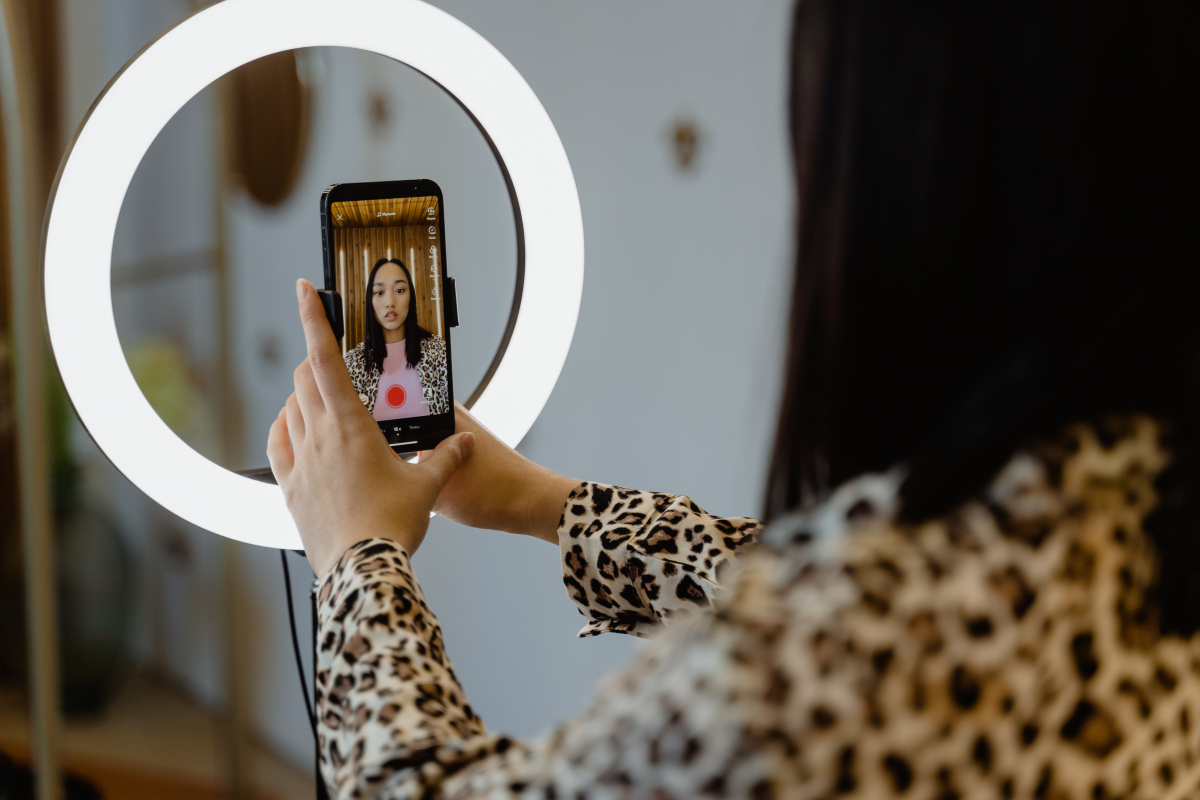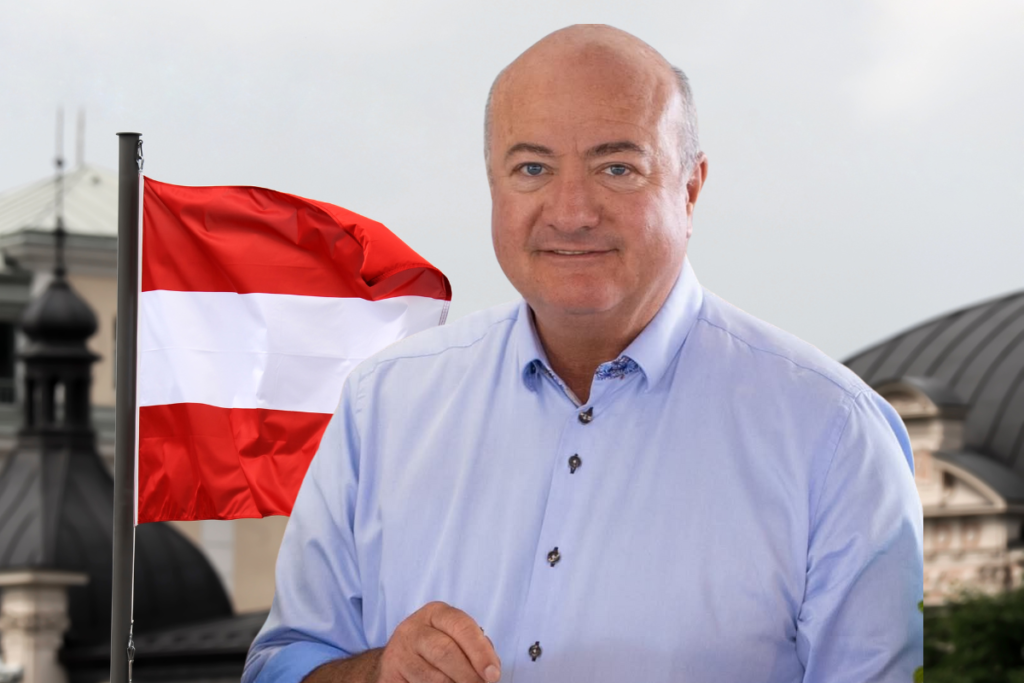A senior adviser to former President Donald Trump’s 2024 campaign signaled openness to the possibility of TikTok remaining under Chinese ownership, even as debates over the app’s national security implications continue to swirl. The comments, made by security adviser Robert O’Brien during an interview on January 19, highlight an evolving stance from the Trump camp, which once sought to force the sale of TikTok’s US operations during Trump’s presidency to address concerns over data privacy and Chinese government influence.
The potential for continued Chinese ownership of TikTok reflects a significant shift from Trump’s earlier position. In 2020, his administration attempted to ban the app, citing fears that TikTok, owned by Beijing-based ByteDance, could funnel user data to the Chinese government.
That effort faced numerous legal challenges and was ultimately shelved under President Joe Biden. However, with TikTok’s popularity among American users growing—particularly among younger audiences—the app has remained at the center of US-China tensions.
Speaking on the issue, O’Brien stated that the Trump campaign is committed to addressing national security threats posed by TikTok but did not rule out compromises that could allow ByteDance to retain ownership.
“We’re going to make sure that TikTok does not provide Americans’ data to the Chinese Communist Party, but we’re open to exploring different solutions,” O’Brien said.
The remarks have sparked debate among policymakers and tech industry experts. Critics argue that no safeguards can fully eliminate risks as long as TikTok’s ownership remains tied to China.
Senator Josh Hawley, a Republican known for his hardline stance on China, has repeatedly called for a complete ban on the app, stating, “The only way to protect Americans’ data is to remove TikTok from Chinese control entirely.”
Conversely, others advocate for stringent regulatory oversight rather than an outright ban. Advocates point out that TikTok employs thousands of Americans and contributes to the US economy.
TikTok has also sought to assuage security fears through its $1.5 billion “Project Texas,” which aims to store US user data on servers managed by Oracle, an American company.
Despite these efforts, the app’s ties to China remain a sticking point. ByteDance has repeatedly denied sharing data with the Chinese government and claims it operates independently.
However, ongoing scrutiny from lawmakers in Washington shows no signs of abating. The Trump campaign’s nuanced approach to TikTok could reflect broader calculations about engaging younger voters in the upcoming 2024 presidential election.
TikTok boasts more than 150 million monthly users in the US alone, making it a powerful platform for cultural and political influence. Analysts suggest that the app’s widespread popularity may force both parties to balance national security concerns with the realities of TikTok’s entrenched role in American society.
As the campaign heats up, TikTok’s fate is poised to remain a contentious topic. Whether the app can navigate the complex interplay of geopolitics and domestic regulation while retaining its Chinese ownership remains to be seen.



